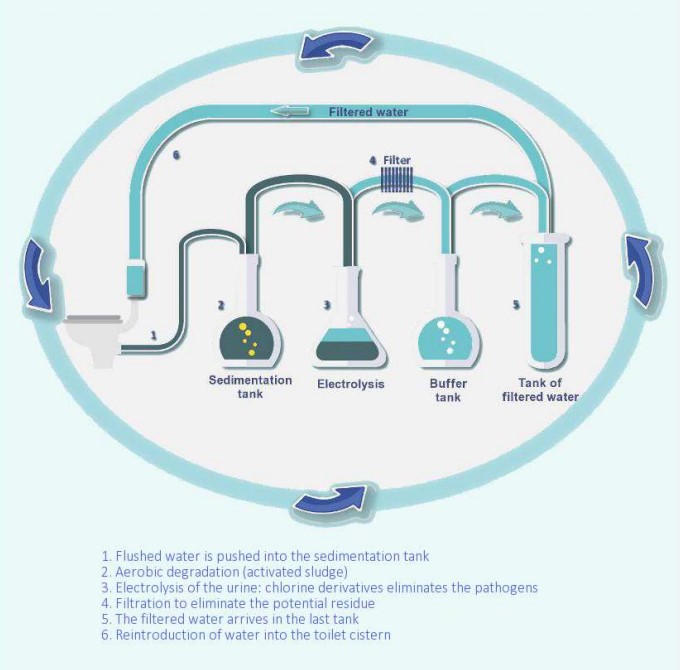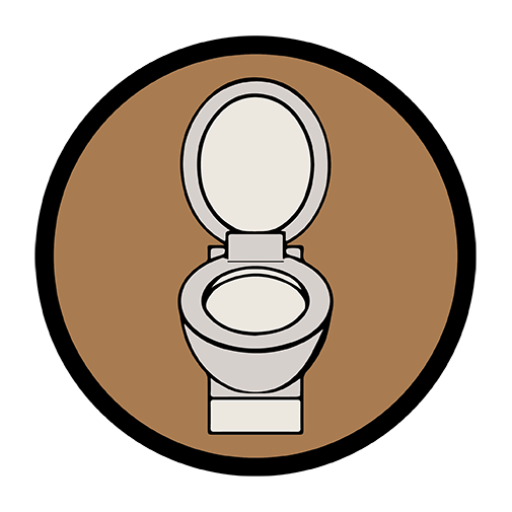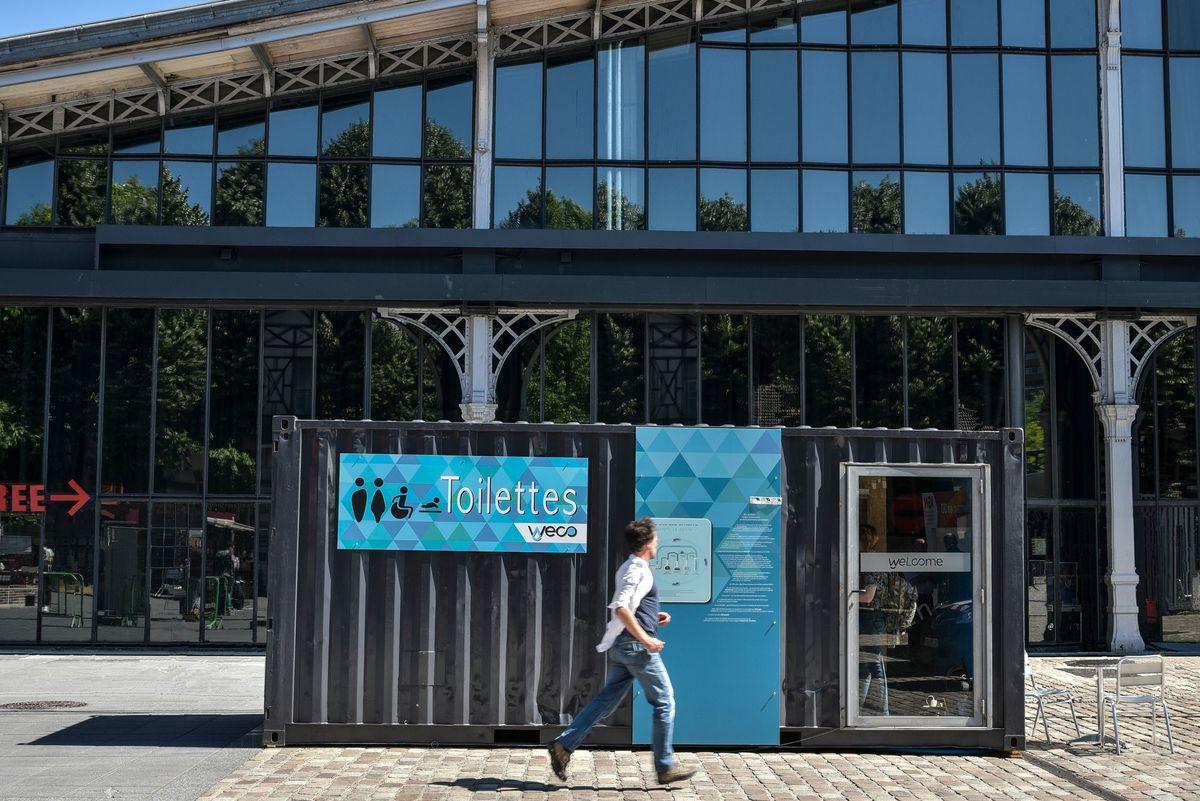French start-up WeCo builds water-recycling bio-toilets
The RecycLoo project, undertaken by French start-up company WeCo, involves designing and building a new type of sustainable public toilet with plans to expand in Europe and Africa.
WeCo toilets appear like any other toilet, but the combination of bacteria, sedimentation, and electrochemical reactions allow the dirty flushed water to be completely treated and made clean for another flush. Urine is converted into water electrochemically. So, more urine more water. This technology saves water with a perfect example of the circular economy concept. In addition, these toilets do not have to be connected to the sanitation network and can operate autonomously. And, since WeCo toilets are off-grid, they do not consume water. As for the standard connected public toilets, at least 6 liters are used per flush and 10 liters for automatic washing. With an average of 100 users per day, WeCo produces 8,736 liters of treated water per year from collected and recycled urine.

The water from the flush is retained and filtered by a sophisticated system in order to be reused for the next flushes. The filtering process disinfects the mix, kills bacteria and pathogens, and lowers the ammonia concentration of urine. In the end, the process generates reusable water.
The flush transports the raw material (urine and feces) into a tank. The feces, being denser, sink to the bottom of the tank. Then, a pump pushes the liquid part and the remaining solids into another tank.
Then, the urine passes through an electrolysis cell. This specific equipment reacts producing ion and chlorine compounds that destroy the bacteria and purify the urine.
The purification stage can last between 1 and 4 hours, depending on the number of solids and liquids contained in the tank at the beginning of the process. The settled sludge instead, is collected regularly and can be used as compost and/or be transformed into fertilizer.
Clean water is treated one last time by passing through different filters (active carbon, micro-membrane) that clean the water from all traces of bacteria. This stage also lowers chlorine concentration. Purified water is then stocked to be re-used in the toilets and the surplus can be used to water plants for example.
COVID-19 made people perceive hygiene in public spaces differently. Specifically, the idea that public toilets could be a major infection risk, and meant new opportunities for WeCo. With a priority focus on France, WeCo has recently installed their toilets in the municipality of Grigny (near Paris), and at the beginning of 2021, the French towns of Blois and Rennes also became WeCo customers.
“We’ve also strengthened our team with multilingual sales experts who are exploring opportunities for WeCo in Germany, where we are prioritizing raising our brand awareness and asserting our presence there”, Dekeuwer explains. “And we expect to see the payoff of these efforts by the end of 2021”.
Alongside their growing French customer base and their interest in expanding in Germany, WeCo also recently began new partnerships with a ‘grey water’ recycling company and their main industrial partner.
These toilets are going to be used for sustainable cities, tourist sites, train manufacturers, construction shelters, modular buildings, event agencies, toilet companies, and owners of non-connectable buildings.
“New orders are increasing, and we are now concentrating on developing our first sales in a client-partnership mindset, focusing on sustainable cities and B2B projects where our off-grid sustainable toilets are needed”, adds Dekeuwer.
WeCo also hasn’t given up on its plans to penetrate African markets.
“Thanks to further funding through the INNOWWIDE – EUREKA Prize and Water Europe’s Innovation Award, as well as through the Seal of Excellence from the EIC Accelerator, we have begun a partnership with Senegalese company Delvic Sanitation Services, a key actor in the valorization of fecal sludges”, she continues. “This allows us to understand the specific needs of West Africa and to help contribute to building the sustainable African cities of tomorrow!”
Source cordis.europa.eu

